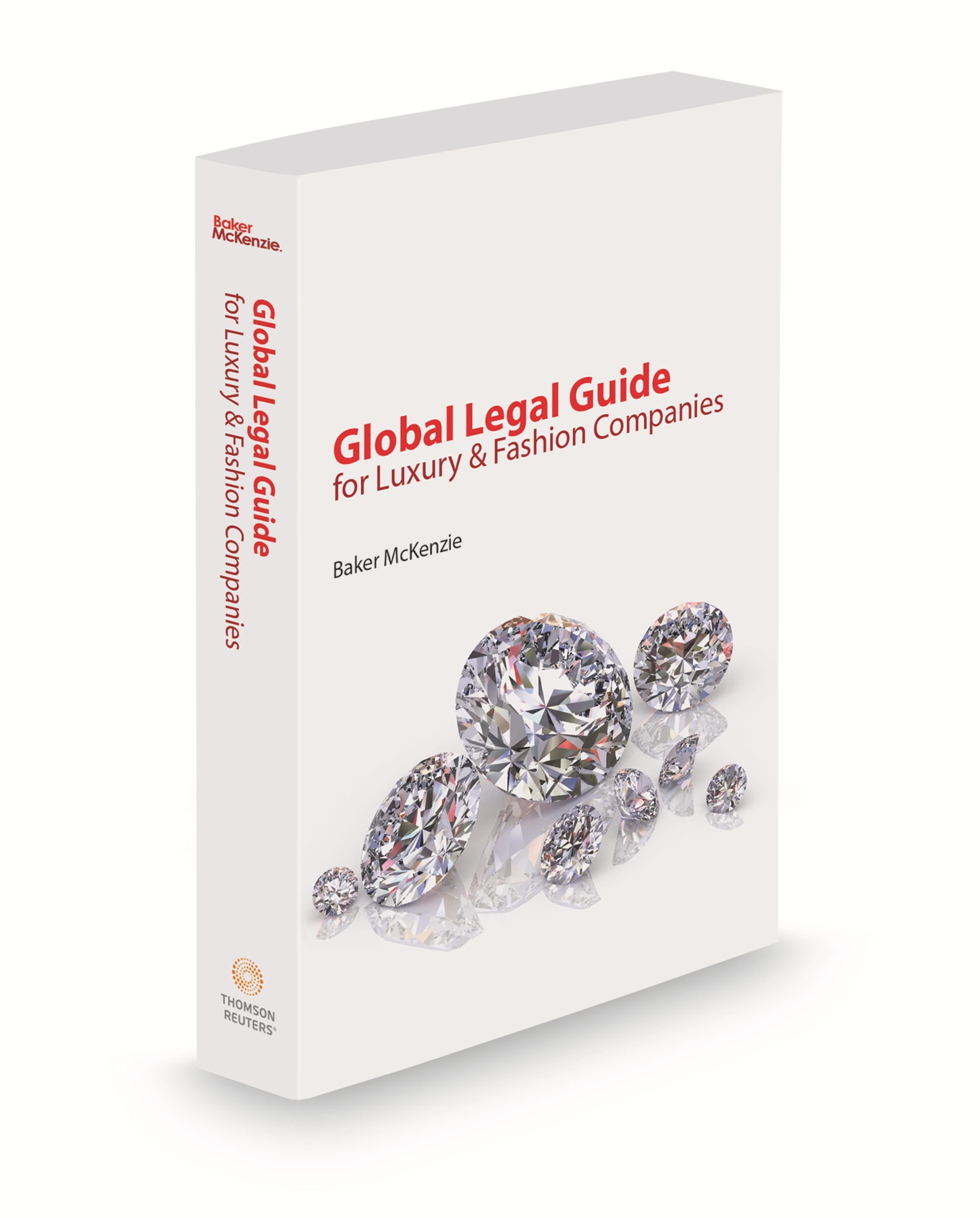Hitting the Runway: Global Legal Guide for Luxury & Fashion Companies

Despite geopolitical shifts, uncertainty and various factors that seem to affect numerous sectors, the global luxury and fashion industry has tripled in the last 20 years to approximately $300 billion and continues to grow rapidly.
But with that broadening and diversification comes a whole new set of business challenges to navigate. Global law firm Baker McKenzie advises many of the world’s best-known luxury names, and the firm’s expertise is featured in a new Global Legal Guide for Luxury & Fashion Companies, published by Thomson Reuters.
With insights from more than 200 Baker McKenzie lawyers and economists, the new guide provides country-specific knowledge on this rapidly expanding industry.
“Luxury is changing,” said Marc Levey, chair of the firm’s Luxury & Fashion Industry Group, who edited and co-authored the guide. “The definition of luxury now transcends traditional clothing and accessories to encompass everything from automobiles, dining, hotels and travel, to generally unique experiences – and so with this comes a new wave of deals, dilemmas and indeed opportunities, which all reflect this changing landscape.”
Clearly, while luxury and fashion companies are all seeking growth, their deals reflect an array of strategies. Some are investing in more sophisticated digitization to adjust to consumers’ obsession with social media and a craving for a bespoke, personalized experience. Others are buying companies in faster-growing regions, like the emerging markets, and some are consolidating.
As well as guidance on merger and acquisition transactions, the guide offers practical insights on intellectual property (IP) planning, online sales, alternative distribution models, data privacy regulations, government and supply-chain compliance, negotiating leases for stores, and customs and trade issues in global brands, among many other areas.
Barbara Kolsun, former general counsel of Stuart Weitzman Holdings, LLC commented: “The growth of online retailing and social media, the challenge of fast fashion and instant copying, the fact that even the smallest start-up brand is instantly a global company dealing with country-specific corporate, employment and tax laws, have all demonstrated the importance of a legal guide like this and the relevance of Baker McKenzie.”
Kolsun noted it’s a common misconception that IP is the central focus for fashion and luxury industries. While IP protections are important, all the issues the guide covers – from advertising and finance to licensing and distribution – are integral parts of fashion.
Baker McKenzie has assisted many of the world’s largest companies in launching strategies to help meet growing consumer demand. “The Global Legal Guide for Luxury & Fashion Companies was a natural outgrowth of these efforts, seeking to provide our clients with a comprehensive reference point for the contemporary issues facing the industry,” Levey added.